Phone Comparisons: OnePlus 13 Vs OnePlus 11
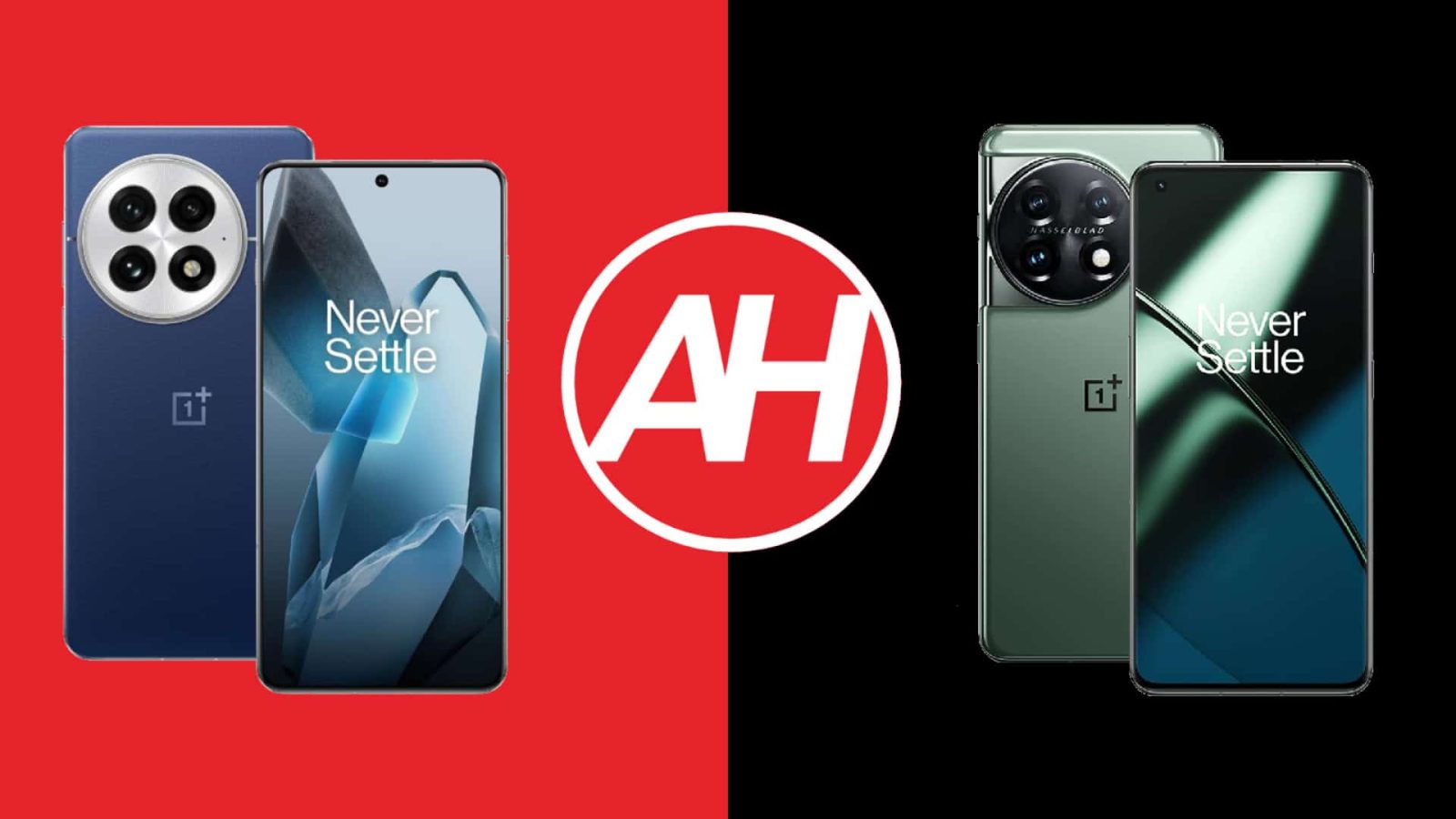
Contents
OnePlus announced its new flagship quite recently, the OnePlus 13. We’ve already compared it to its predecessor, and in this article, we’ll go further down in the past. We’ll be comparing the OnePlus 13 vs OnePlus 11. Quite a few of you are probably still using the OnePlus 11 and are thinking about whether the upgrade is worth it. Maybe some of you even think of getting the OnePlus 11 now somehow, who knows.
Either way, we’ll compare these two devices here, and hopefully help you make a decision. As we usually do, we’ll list their specifications first, and will then jump to other sections after that. We’ll compare their designs, displays, performance, battery life, camera performance, and audio output.
Specs
OnePlus 13 vs OnePlus 11, respectively
– Screen size:
6.82-inch LTPO AMOLED (micro quad-curved aka flat, 120Hz, HDR 10+, 4,500 nits max)
6.7-inch LTPO3 Fluid AMOLED display (curved, 120Hz LTPO, HDR10+, 1,300 nits)
– Display resolution:
3168 x 1440
3216 x 1440
– SoC:
Qualcomm Snapdragon 8 Elite
Qualcomm Snapdragon 8 Gen 2
– RAM:
12GB/16GB/24GB (LPDDR5X)
8GB/12GB/16GB (LPDDR5X)
– Storage:
256GB/512GB/1TB (UFS 4.0)
128GB/256GB/512GB (UFS 4.0)
– Rear cameras:
50MP (f/1.6 aperture, 23mm lens, 1.12um pixel size, Dual Pixel PDAF, OIS), 50MP (ultrawide, 15mm lens, 120-degree FoV, f/2.0 aperture, 0.64um pixel size, PDAF), 50MP (periscope telephoto, 0.8um pixel size, OIS, PDAF, 3x optical zoom)
50MP (f/1.8 aperture, OIS, multi-directional PDAF), 48MP (ultrawide, f/2.2 aperture, 115-degree FoV), 32MP (telephoto, f/2.0 aperture, 2x optical zoom)
– Front cameras:
32MP (f/2.4 aperture, 0.8um pixel size)
16MP (f/2.5 aperture)
– Battery:
6,000mAh
5,000mAh
– Charging:
100W wired, 50W wireless, reverse wireless, reverse wired (charger not included)
100W wired globally, 80W in the US (charger included)
– Dimensions:
162.9 x 76.5 x 8.5/8.9 mm
163.1 x 74.1 x 8.5mm
– Weight:
210/213 grams
205 grams
– Connectivity:
5G, LTE, NFC, Wi-Fi, USB Type-C, Bluetooth 5.4/5.3
– Security:
In-display fingerprint scanner (ultrasonic) & facial scanning
In-display fingerprint scanner (optical) & facial scanning
– OS:
Android 15 with OxygenOS 15
Android 13 with OxygenOS 13 (upgradable)
– Price:
$899+
$439.99
– Buy:
OnePlus 13 (Best Buy)
OnePlus 11 (Best Buy)
At first glance, it may not look like the two phones are much different design-wise, but they surely are. You will notice that the moment you handle both of them. OnePlus opted for the quad micro-curved design on the OnePlus 13. Its glass on the front is curved on all four sides, but the display is flat. The backplate has that same curves, and it comes in either glass and vegan leather options. The frame is also flat on all sides.
The OnePlus 11, on the other hand, has a much thinner frame on the sides, as its front and back sides curve into that frame on the sides. The display is also curved on this phone, and the only option for a backplate that you get is glass. If you want more grip on your phone, getting the blue variant of the OnePlus 13 is the best idea, as vegan leather does add notably more grip than the glass model.
The in-hand feel is quite a bit different between the two phones too, even though both of them feel fine. The position of the display camera hole is also different in comparison. It’s centered on the OnePlus 13, while it’s in the top-left corner of the OnePlus 11. Both phones have their power/lock buttons on the left, but the rest is different. The volume rocker buttons sit on the same side of the OnePlus 13, but they’re on the left side of the OnePlus 11. The alert slider is also on opposite sides. It’s on the left-hand side of the OnePlus 13, and on the right side of the OnePlus 11.
Both smartphones have a camera oreo, which does look similar, but the hardware is different, plus the design does differ a bit. The OnePlus 13 is slightly shorter and a bit wider, while they’re basically similar in terms of weight. The newer model is also a bit thicker, and it has better water and dust resistance. It comes with IP68 and IP69 certifications, while the OnePlus 11 is IP64 certified. So, there are quite a few differences between them. We definitely prefer the build of the OnePlus 13, and the design choices OnePlus made.
OnePlus 13 vs OnePlus 11: Display
The OnePlus 13 features a 6.82-inch 3168 x 1440 LTPO AMOLED display. That panel is flat, but the glass on top of it is slightly curved on all sides. It can project up to 1 billion colors and supports Dolby Vision and HDR10+. It also offers an adaptive refresh rate, of up to 120Hz. HDR Vivid is also supported, and the peak brightness is 4,500 nits, in theory. The screen-to-body ratio here is at around 90%, while the Ceramic Guard glass protects the display.

The OnePlus 11 has a 6.7-inch 3216 x 1440 LTPO3 Fluid AMOLED display. That panel can also project up to 1 billion colors and supports Dolby Vision and HDR10+. It offers a 120Hz refresh rate and a peak brightness of up to 1,300 nits. The screen-to-body ratio is at around 89%, while the display aspect ratio is 20:9. The OnePlus 11’s panel is protected by the Gorilla Glass Victus, and the display itself is curved.
Now, while the OnePlus 11’s display is still very good, the OnePlus 13 does have a number of advantages. Both displays are quite vivid, have good touch response, and viewing angles. But the OnePlus 13 does have an advantage even in the sheer look of the display itself, the colors just seem to be spot on. It also gets noticeably brighter when you need it to, and has better protection on top.
OnePlus 13 vs OnePlus 11: Performance
The OnePlus 13 is fueled by Qualcomm’s latest flagship processor, the Snapdragon 8 Elite. That is a 3nm processor. OnePlus also included up to 16GB of RAM globally, and up to 24GB of RAM in China. The company is using LPDDR5X RAM and UFS 4.0 flash storage. The OnePlus 11, on the other hand, is fueled by the Snapdragon 8 Gen 2 chip, which is a 4nm processor. It comes with up to 16GB of LPDDR5X RAM and UFS 4.0 flash storage. The only model with UFS 3.1 flash storage is a 128GB variant.
With that being said, both of these smartphones deliver in the performance department. The OnePlus 11 can still provide an immensely fluid experience. When compared directly, the OnePlus 13 is snappier, no doubt about that, but the difference is not monumental at all. We do believe that hanging onto the OnePlus 11 for another year or so is not exactly a bad decision. It can also still play basically any game out there. The OnePlus 13 may be able to push the details a bit higher in some titles, but both phones can handle games too.
The heat is not a problem on either device, though do note that the OnePlus 13 does have better cooling. So if you’re planning to play a lot of games, that is the better option, for several reasons. The bottom line is, yes, the OnePlus 13 is the more powerful device and offers better performance in general. However, the OnePlus 11 can still keep up.
OnePlus 13 vs OnePlus 11: Battery
The OnePlus 13 has a 6,000mAh silicon-carbon battery, while the OnePlus 11 comes with a 5,000mAh unit. Back when it launched, the OnePlus 11 offered excellent battery life. Even by today’s standards, it has really good battery life, but the OnePlus 13 is on a whole different level. The OnePlus 13 is actually one of the best battery life flagships out there these days, and that’s saying a lot.
Getting over 7 or 8 hours of screen-on-time consistently is not a problem at all. The OnePlus 13 usually even has plenty of juice left in the tank. The OnePlus 11 can provide high screen-on-time too, but notably lower than the OnePlus 13. That will largely depend on your usage, though, of course. If you’re using either device as a gaming station, you’ll get considerably different numbers. There are a lot of factors included here.
Now, in regards to charging, the OnePlus 13 supports 100W wired, 50W wireless, 10W reverse wireless, and 5W reverse wired charging. The OnePlus 11 supports only 100W wired and nothing else. The thing is, the OnePlus 11 does ship with a charger, unlike the OnePlus 13. OnePlus decided to include a cable only with the OnePlus 13, for whatever reason.
OnePlus 13 vs OnePlus 11: Cameras
Both of these phones have three cameras on the back, but the hardware is notably different. The OnePlus 13 comes with a 50-megapixel main camera (1/1.43-inch sensor), and a 50-megapixel ultrawide unit (1/2.75-inch sensor, 120-degree FoV). A 50-megapixel periscope telephoto unit (1/1.95-inch sensor, 3x optical zoom) is also included. The OnePlus 11, on the flip side, has a 50-megapixel main camera (1/1.56-inch sensor), a 48-megapixel ultrawide unit (1/2.0-inch sensor, 115-degree FoV), and a 32-megapixel telephoto camera (1/2.74-inch sensor, 2x optical zoom).

Out of these two, the OnePlus 13 can provide notably better images than the OnePlus 11. Its main camera is better hardware-wise, and a better lens is also included. The images do end up having more detail, especially ones from low-light situations, and the camera is also capable of picking up more details from the shadows. Both ultrawide cameras do a good job, actually, and the one on the OnePlus 13 doesn’t always win, it all depends.
There is a huge difference in the telephoto section, though. The OnePlus 11 does not have a periscope telephoto camera, and only offers 2x optical zoom. The OnePlus 13 does have a periscope telephoto camera, and in addition to 3x optical zoom, it can also do a great job at much higher zoom ranges. It’s not even close when you compare the two cameras, the OnePlus 13 wins, easily. It also has a notably larger sensor.
Audio
While both smartphones do come with stereo speakers, the ones on the OnePlus 13 are louder. The difference is not huge, but that is something you’ll notice if you fire up both. The sound quality is also very good on both, nothing to complain about.
There is no audio jack on either smartphone. You can, however, utilize their Type-C ports if you want to hook up your wired headphones. If not, the OnePlus 13 offers Bluetooth 5.4, while the OnePlus 11 supports Bluetooth 5.3.
What’s your reaction?
Love0
Sad0
Happy0
Sleepy0
Angry0
Dead0
Wink0
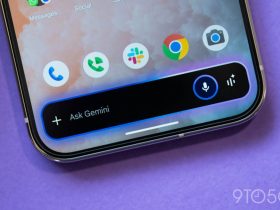



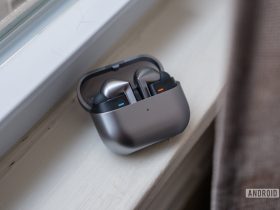

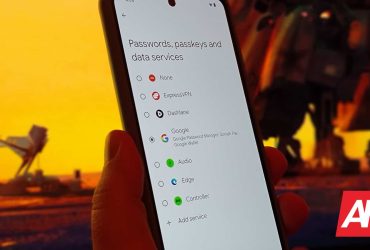
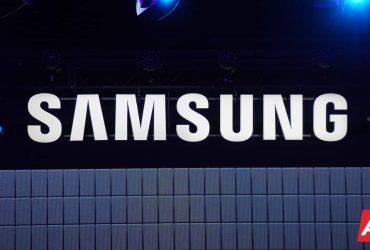


Leave a Reply
View Comments